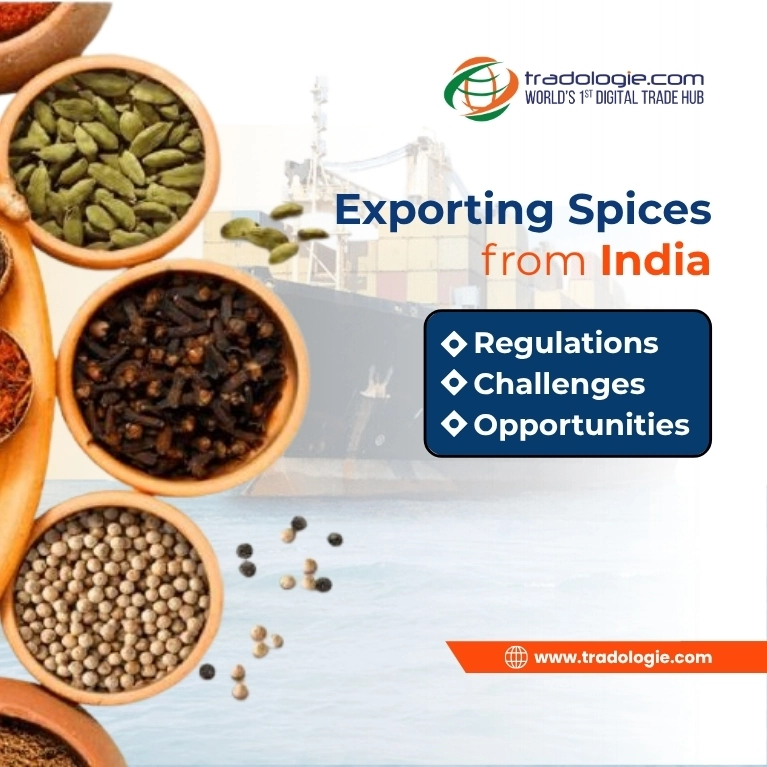India, a hub of spices production, has long held a dominant position in the global spice trade industry. It magnificently accounts for a significant share of exports across key products like chilli, turmeric, cumin, and coriander. However, as international trade standards evolve, the spices exporters are no longer just confined to volume or competitive pricing. It now to a large extent depends on regulatory compliance, quality assurance, logistics efficiency, and market adaptability. From a B2B perspective, exporting spices today is not just about moving goods across borders — it is about aligning with a complex global trade ecosystem that demands consistency, traceability, and responsiveness to regulatory and market shifts.

